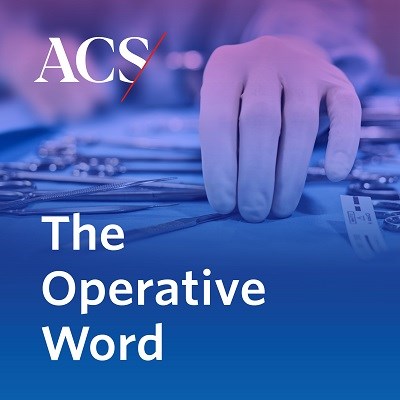The White House COVID-19 Response Team held follow up Zoom meetings on November 23 and December 13 with more than 30 organizations to discuss updated information, and ACS Regent Kenneth W. Sharp, MD, FACS, represented the ACS.
The call was led by Tom Tsai, MD, MPH, FACS, a minimally invasive gastrointestinal and bariatric surgeon at Brigham and Women’s Faulkner Hospital in Boston, MA, and a senior policy advisor for the White House COVID-19 Response Team.
The White House Task Force continues to strongly emphasize the early use of Paxlovid in symptomatic patients and to strongly encourage vaccination with the new bivalent mRNA boosters to reduce the risk of severe disease. The availability of free online requests for antigen testing kits, which had been suspended, has now been reopened, and the US public may request free COVID antigen test kits at https://www.covid.gov/tests.
Dr. Sharp reports that studies of vaccine efficacy of the new bivalent mRNA COVID-19 booster are now being released, and they show that the new vaccines reduce the risk of severe disease by approximately 50% and are strongly recommended in adults over 18 years old, and particularly in patients 65 or over. Efficacy in children under 5 and under 18 are not yet available.
In a study of 1.7 million patients, prompt treatment with Paxlovid has now been shown to reduce the risk of hospitalization in symptomatic COVID-19 patients by 50% in adults over the age of 18, including an up to up to a 70% reduction in the immunocompromised population.
The Emergency Use Authorization for monoclonal antibody bebtelovimab has been withdrawn as it is not effective against the currently prevalent BA.5 omicron variants, BQ1 and BQ1.1. Prevention of COVID-19 through Evusheld for the new variants is questionable. However, the small molecule drugs (Paxlovid, remdesivir, and molnupiravir) are effective in treating COVID-19. In areas experiencing local shortages of Paxlovid, the use of remdesivir (despite requiring a 3-day intravenous infusion) or molnupiravir is still effective.
New Data Emerges on Timing of Surgery
New specific guidance is becoming available for surgeons regarding timing of elective surgery after COVID-19 infection. A recent article gives some new information, but cannot answer all questions about infection, vaccination effects, timing of surgery, and types of surgery (major versus minor, aerosol generation, and so on).
In this large study from Vanderbilt, it was estimated that there was a 1% reduction in major cardiovascular morbidity after surgery for every 10 days elapsed from symptomatic infection. There was no association between the timing of surgery and postoperative complications in patients who were asymptomatic at the time of preoperative testing. No statements could be made as to how severity of COVID-19 illness could affect these results, and the utility of preoperative testing was unclear in asymptomatic patients.






